The DTAA (Double Tax Avoidance Agreement) between India and Switzerland was signed to prevent the issue of double taxation in both countries on the same income, applicable to the residents of both India and Switzerland. Under the DTAA agreement, the taxes paid in one country can be claimed as a credit in another country to ensure effective tax payments in only one country.
Assume you are an Indian resident earning income from shares in a Swiss company; the tax you will pay will go under the jurisdiction of the DTAA. Keep reading the blog further to know more about the DTAA between India and Switzerland, its benefits, tax rules, significance, and much more.
What is the DTAA Between India and Switzerland?
The DTAA, or Double Tax Avoidance Agreement, was signed between India and Switzerland on 21st of April, 1995, and amended on 7th of February 2001 and 27th of December 2011 to avoid the issue of double taxation. The agreement has 29 articles that contain the information related to the definition, scope, income taxation, and a technique for eliminating tax.
The Indian Government and the Swiss Federal Council agreed upon a decision to sign this agreement to facilitate the process of conducting business by residents of both countries. The agreement ensures that you are paying taxes on your income only once and not being taxed twice on the same income in two different nations.
A Double Tax Avoidance Agreement eases the taxation system for both nations, one where you earn the income and one where you reside or are a citizen. Being an Indian citizen, if you decide to shift to Switzerland by leaving your income sources in the previous country, you shall pay taxes on income in both nations. However, the DTAA helps in avoiding this issue.
What is the Importance of the DTAA for Both India and Switzerland?
Apart from avoiding double taxation, the residents of India and Switzerland can enjoy several other benefits under the DTAA. Here is a list of some of the key benefits provided to taxpayers under the DTAA:
- The DTAA agreement reduces the chances of tax evasion in both contracting nations.
- Lower withholding tax rates apply in the form of lower TDS on different income types, like interest, dividends, and royalties.
- The treaty offers legal certainty that specific rules related to tax applicability on international income will be determined.
- This convention helps bring investment to both contracting states by providing several tax-related benefits.
- The agreement offers an anti-abuse provision to ensure that only genuine residents of the contracting state are enjoying the benefits.
- In case a resident of a contracting state pays tax on the income earned in the other contracting state, they can claim relief in the form of a tax exemption.
What are the Taxes Covered Under the DTAA?
Article 2 of the agreement discusses the taxes that are covered under the India-Switzerland DTAA. Below is a list of taxes that apply under this convention:
- In the case of India, known as the Indian tax:
- Income tax, along with any applicable surcharge.
- In Switzerland (Swiss tax)
- The federal, communal, and cantonal taxes on income. It includes the income earned, capital gains, industrial and commercial profits, total income, and other income items.
Besides the taxes mentioned above, any other similar or identical tax that applies in any of the contracting states after the date of agreement signing would also be considered under the DTAA. If any tax applies in place of any other tax that is a part of the DTAA, then this new tax will apply in the DTAA.
The contracting states competent authorities are responsible for notifying about any changes in regards to the laws related to taxation within a specified time period. However, the above-mentioned taxes don't include any applicable interest or penalty under the law enforcement of both contracting states regarding taxes that are applicable under the DTAA.
What are the TDS Rates Under the India-Switzerland DTAA?
When a non-resident acquires payment from a company or a person in the form of income, a portion of that income will be deducted at the source, which is known as the tax deducted at source or TDS. Before signing the agreement, both contracting states decide the rate at which the tax will be deducted.
- According to Article 10 of the India-Switzerland DTAA, the applicable tax rate on dividend income shall not exceed 10%, chargeable on gross income.
- As per Article 11, the tax rate on interest income of a contracting state's resident must not exceed 10% of the gross income.
- If a contracting state's resident generates royalties, the tax rate must not exceed 10% of gross income. The same rule applies to income received from technical service fees.
In short, the applicable TDS rates in the Swiss Confederation are 10% of the gross income earned by residents of both nations.
Use our calculator to check your savings on cross-border income.
Capital Gains Taxation Under the DTAA
Article 13 of the agreement mentions the applicable tax rates to capital gains earned by both contracting states' residents. It also explains which capital gains are subject to taxation in which contracting state. Here are the rules that apply:
- Income received from the transfer of aircraft, ships, or movable property, operating in international traffic, will be taxed in the other contracting state.
- Income acquired from the alienation of an immovable property, including livestock and equipment for agricultural and forestry, will be taxed in the state where it is situated.
- Capital gains from the sale of shares of a company's immovable property will be taxed in the contracting state where it is situated.
- Gains received from movable property that are a part of a business and used for enterprises in the other contracting state are taxable there only.
- Income acquired from the sale of any other share type will be taxed in the seller's country of residence.
- Income from any other property type than those mentioned above will be subject to taxation in the contracting state of which the seller is a resident.
To Conclude
In this blog, we have discussed why the DTAA between India and Switzerland is essential for both nations. If you are an NRI who loves investing in foreign countries, applying for the DTAA treaty can be very beneficial for you. However, there are some documents that you need to provide, like a PAN card, visa, passport, etc., and a Form you need to fill out to avail yourself of all the DTAA benefits.
If you fail to fulfill the requirements, you will not get to claim the relief under the DTAA. Don't worry, Savetaxs is here to help you. We have been helping individuals for several years, and our client base speaks to the quality of our work. We have a team of experts who bring 30 years of experience and can assist you with the whole DTAA process.
Our team can help you in claiming your DTAA benefits easily without any hassle. Contact us anytime, regardless of your location, as we work around the clock across all time zones to provide assistance to you whenever you need.
Note: This guide is for informational purposes only. The views expressed in this guide are personal and do not constitute the views of Savetaxs. Savetaxs or the author will not be responsible for any direct or indirect loss incurred by the reader for taking any decision based on the information or the contents. It is advisable to consult with either a Chartered Accountant (CA) or a professional Company Secretary (CS) from the Savetaxs team, as they are familiar with the current regulations and help you make accurate decisions and maintain accuracy throughout the whole process.
-->

Mr Varun is a tax expert with over 13 years of experience in US taxation, accounting, bookkeeping, and payroll. Mr Gupta has not prepared and reviewed over 5000 individual and corporate tax returns for CPA firms and businesses.
- Complete Guide On What is ITR, Documents Required, ITR Forms & Why To File
- Section 115F: Unlocking Tax Benefits for NRIs in India
- Understanding All About Income Tax Clearance Certificate
- Section 197 Certificate or Lower Deduction Certificate for NRIs and Indians?
- Complete Checklist for NRIs Before and After Leaving India
- Double Tax Avoidance Agreement (DTAA) Between India and Mauritius
- Double Tax Avoidance Agreement (DTAA) Between India and Hong Kong
- Double Tax Avoidance Agreement (DTAA) Between India and Canada
- Double Tax Avoidance Agreement (DTAA) Between India and Japan
- Double Tax Avoidance Agreement (DTAA) Between India and Oman
- Double Tax Avoidance Agreement (DTAA) Between India and Australia
- Double Tax Avoidance Agreement (DTAA) Between India and China
Want to read more? Explore Blogs
Frequently Asked Questions
No matter what your source of income is, we've got you covered. There’s a plan for everybody!
The agreement maximizes the following rate at 10%:
- Interest (Article 11)
- Dividends (Article 10)
- Royalties and Fees for technical services (Article 12)
These limits are applicable to gross income in both contracting states.
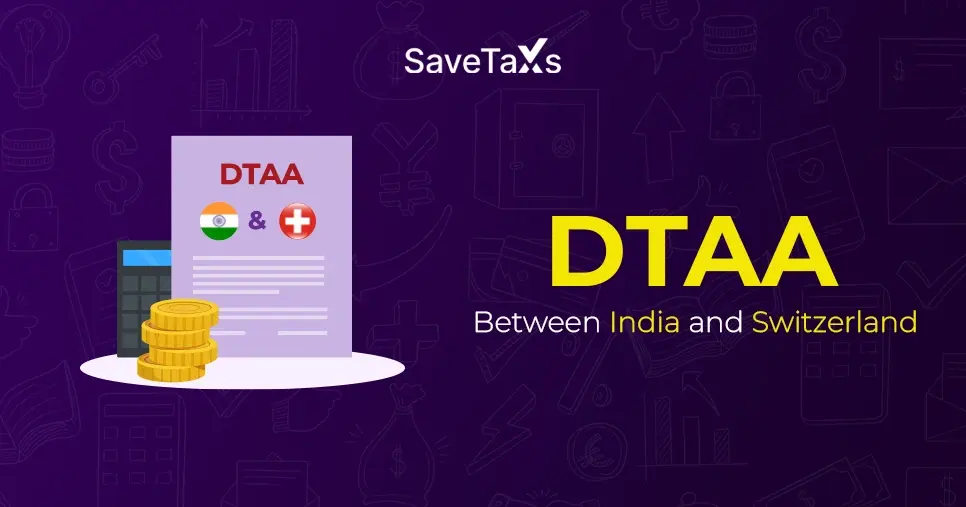
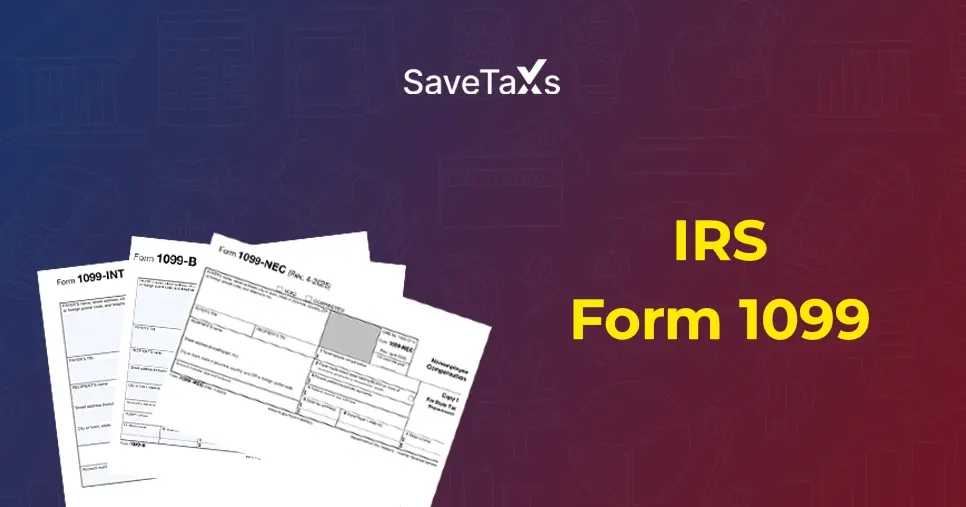
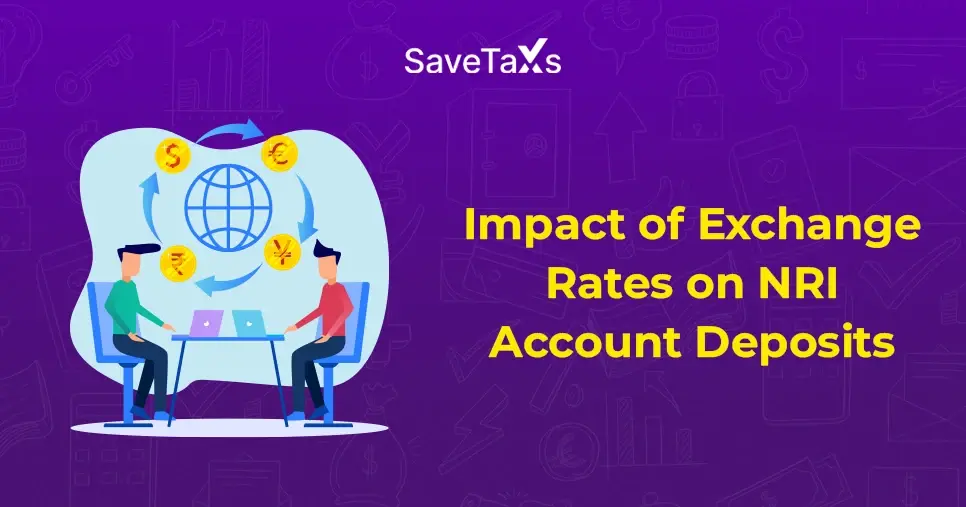
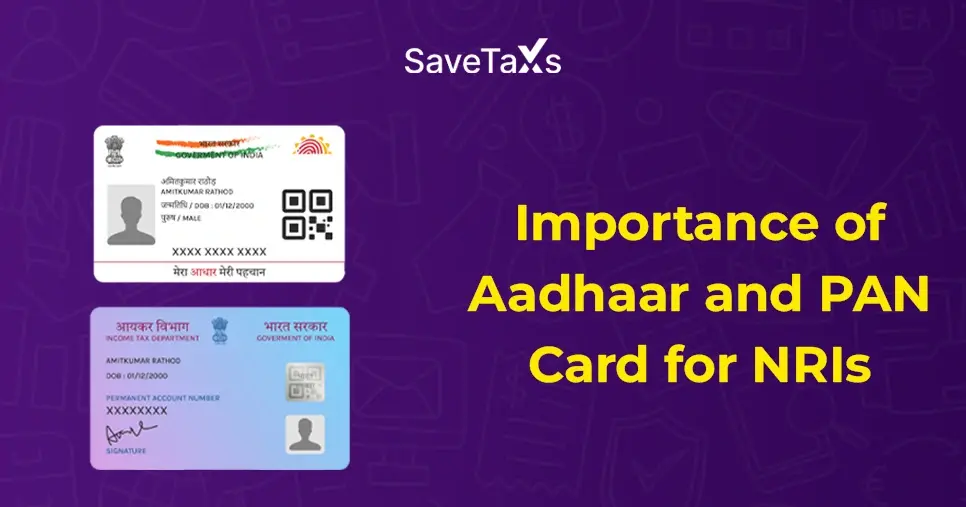
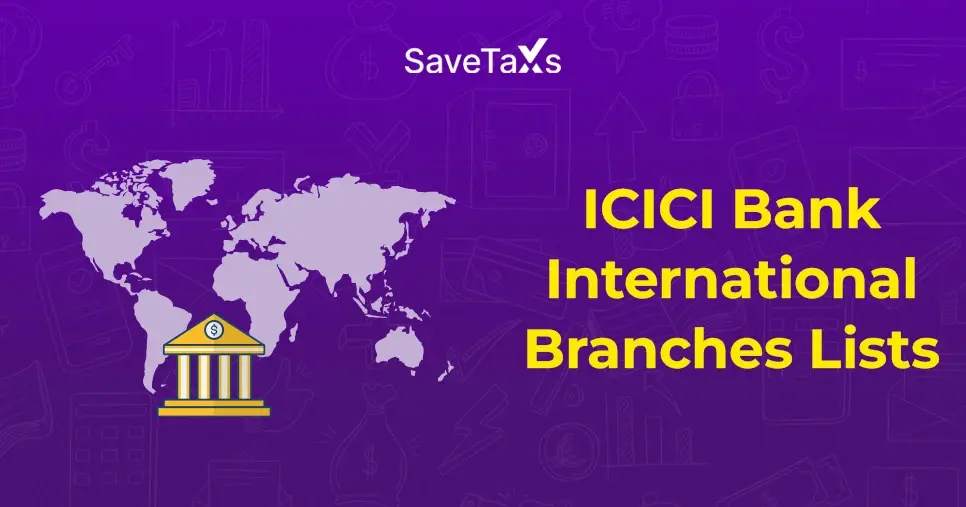
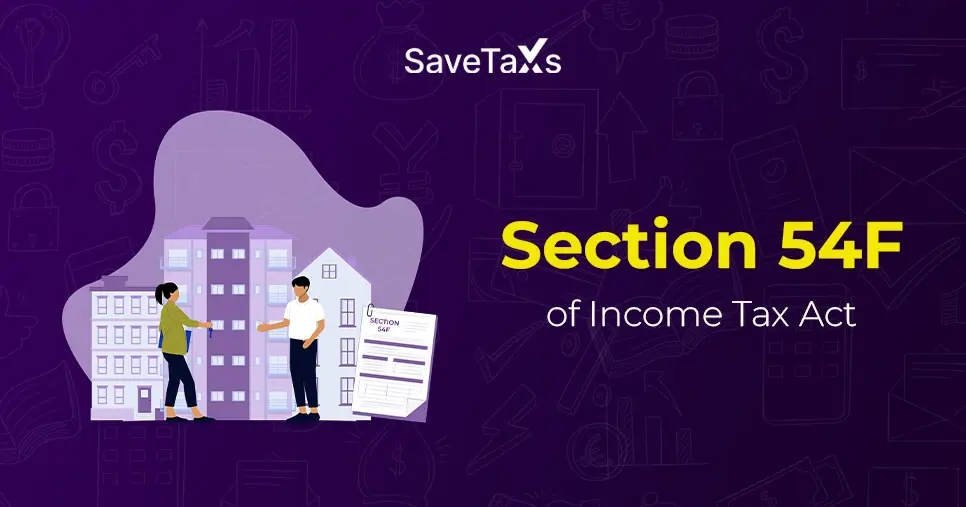
_1766059659.webp)
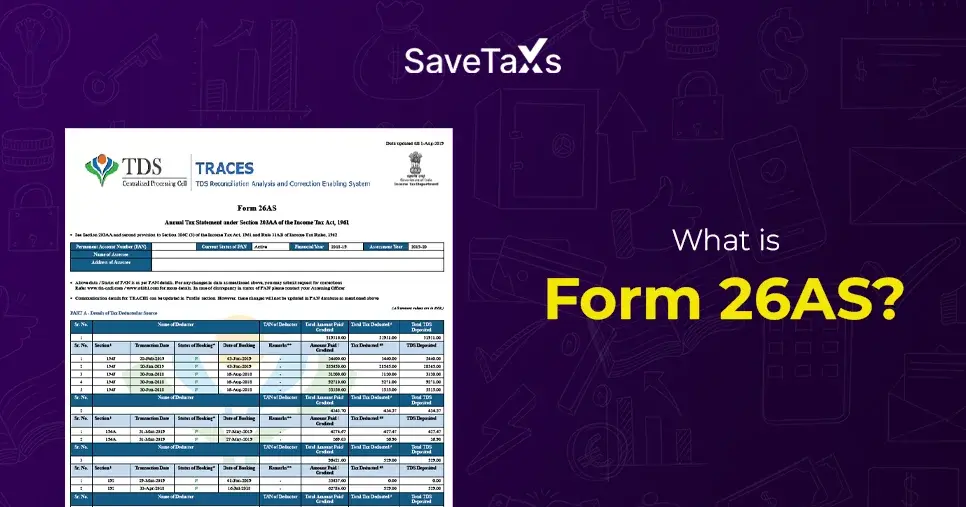
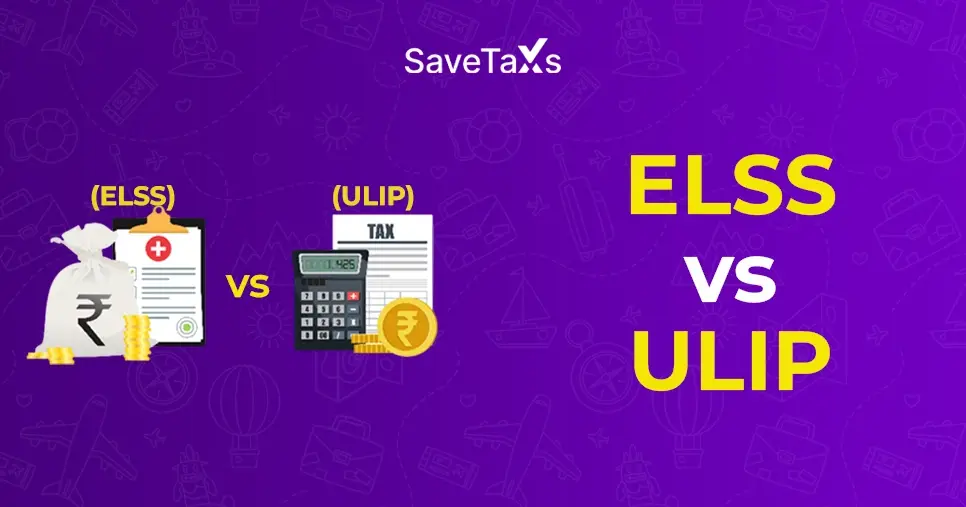
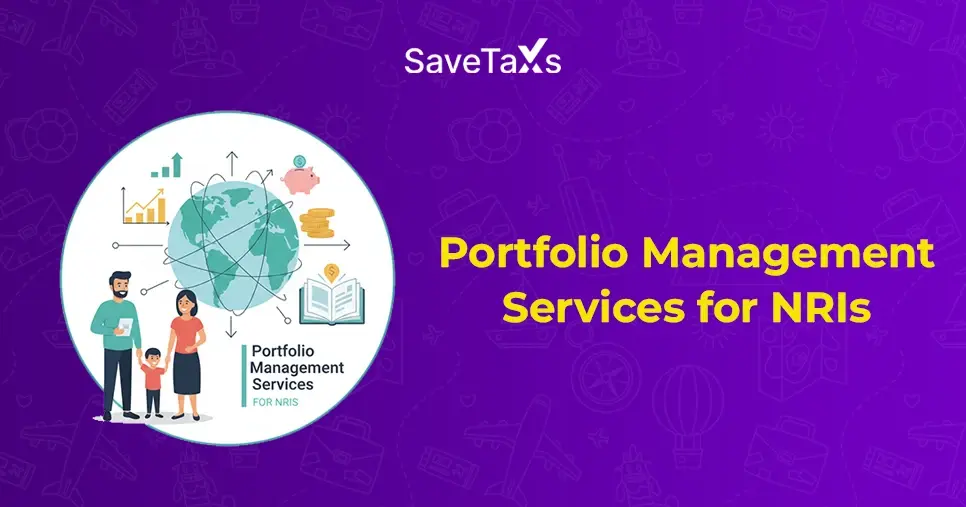
_1754564786.webp)
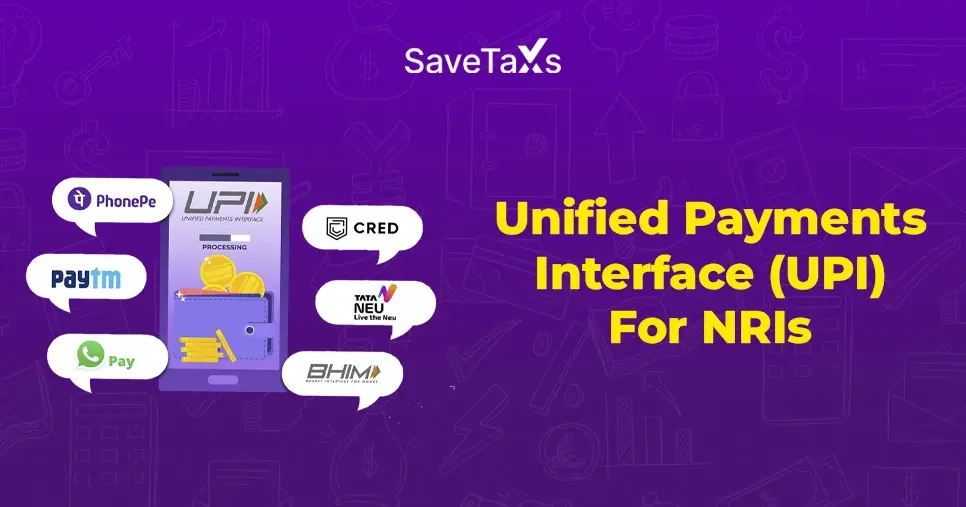
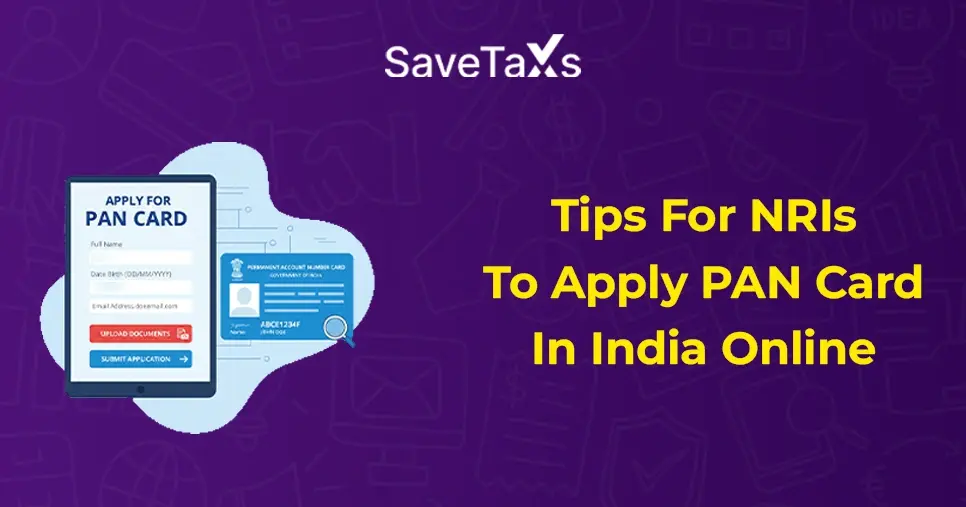
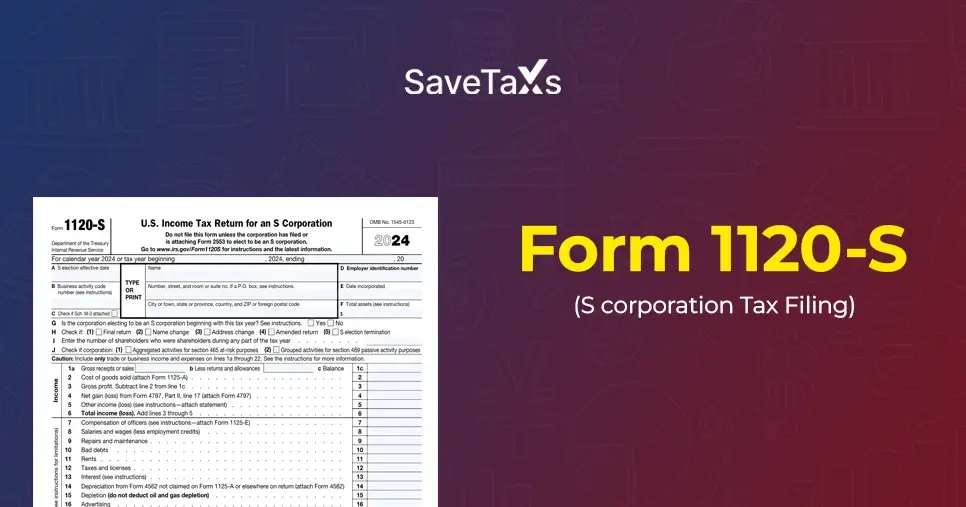
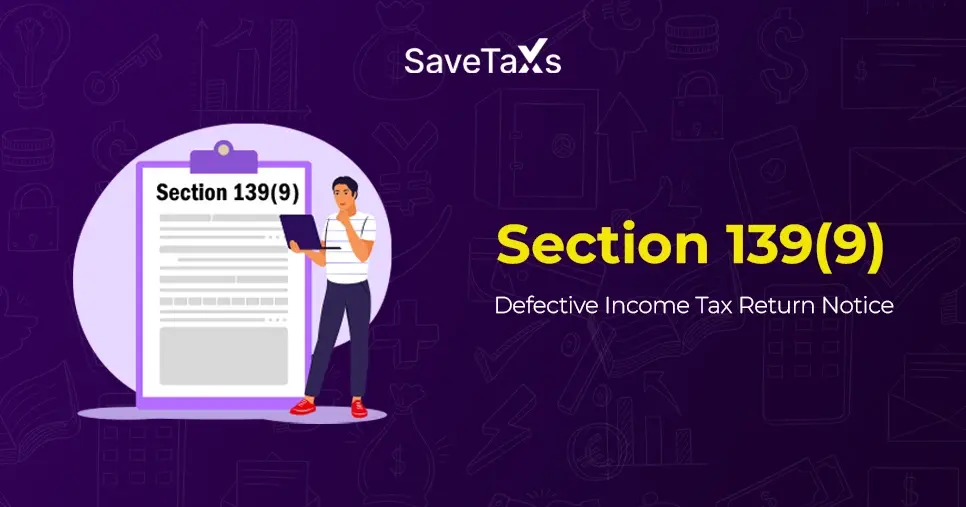
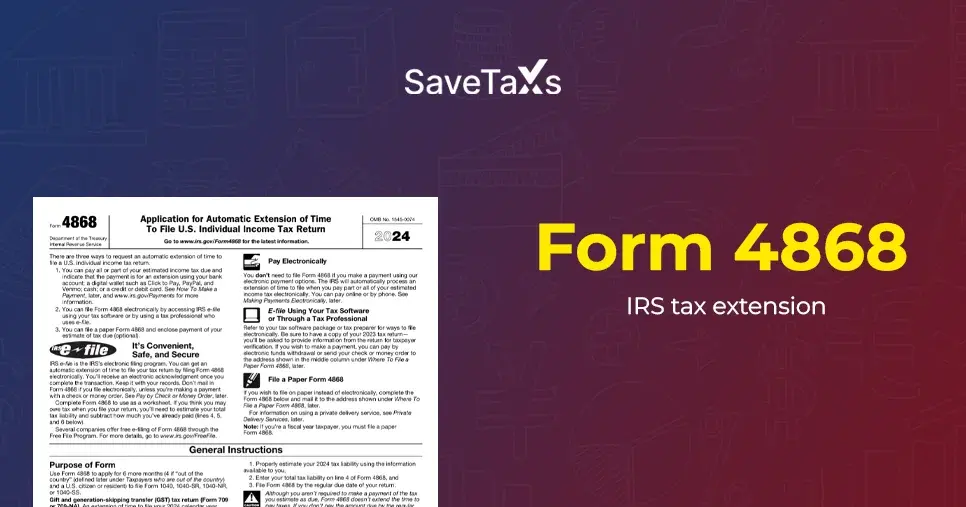
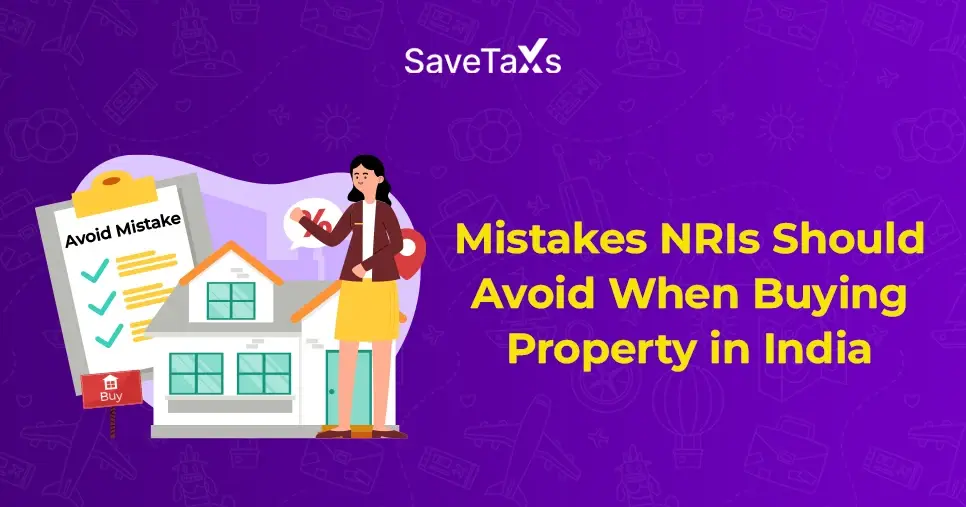
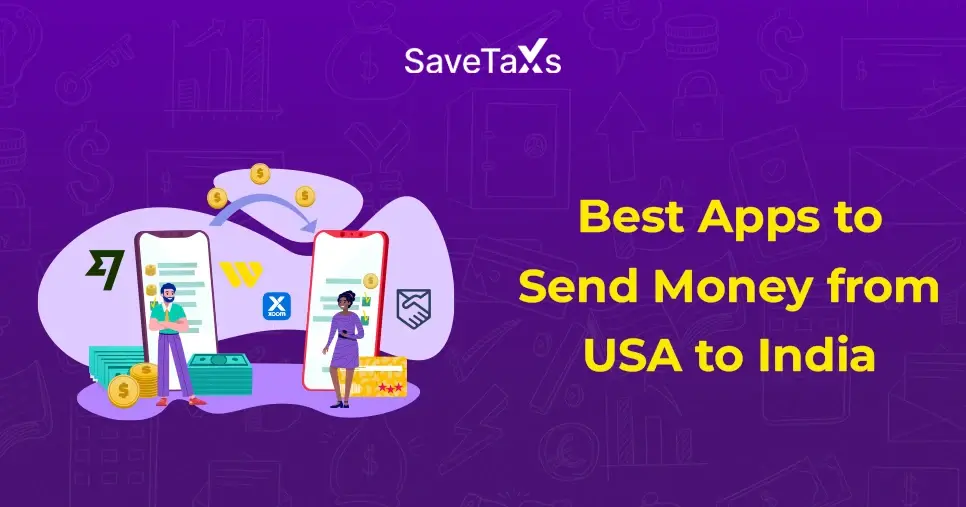
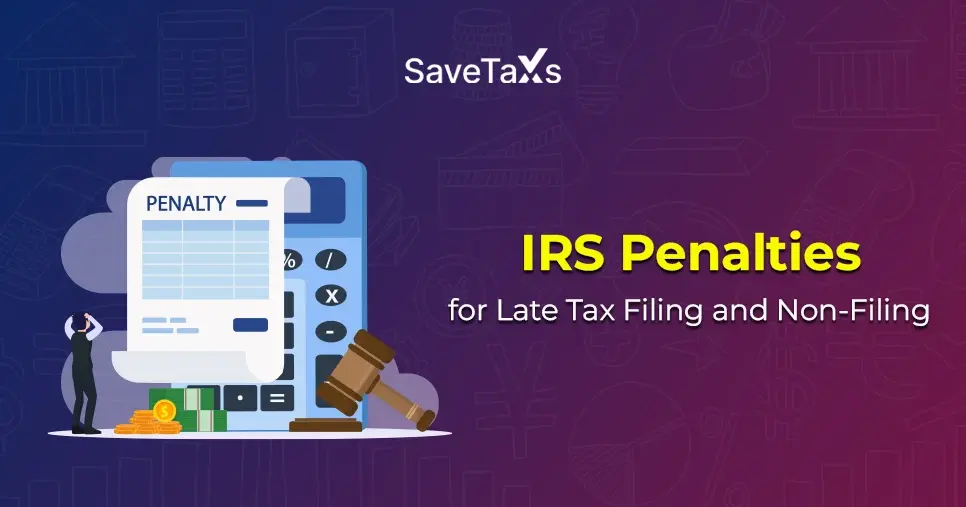
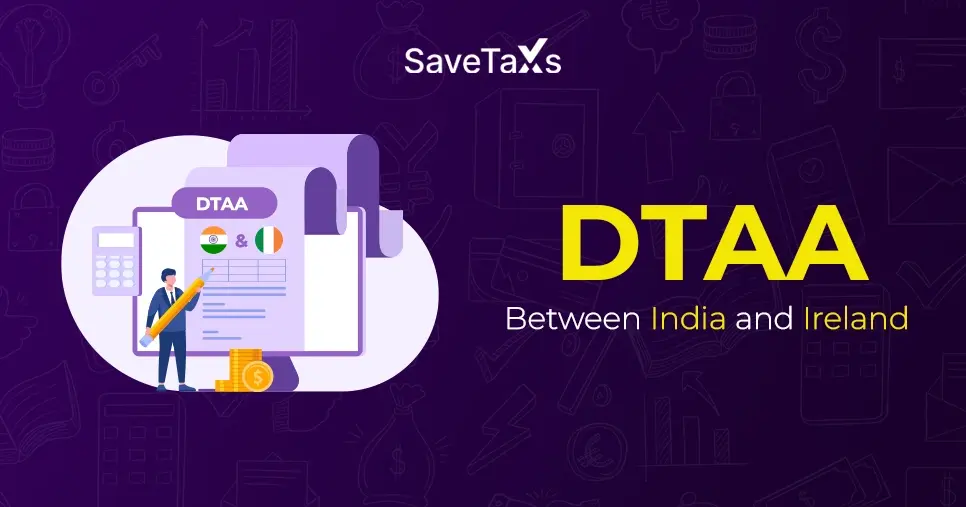
_1768211318.webp)